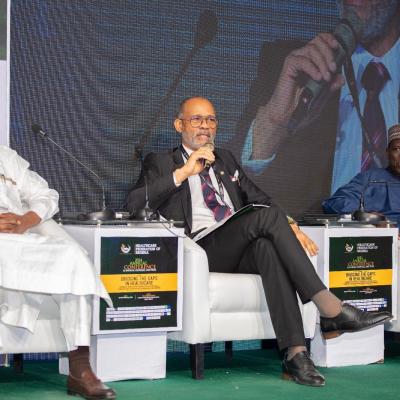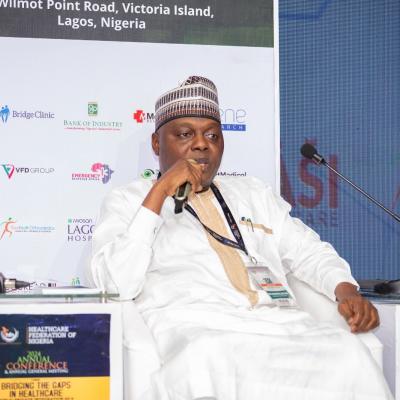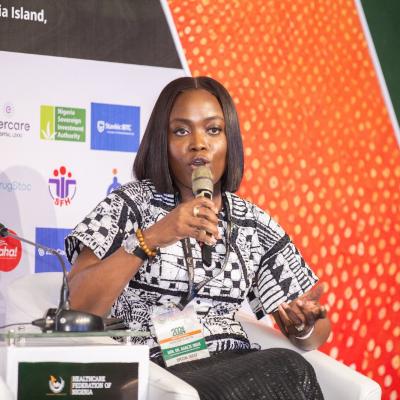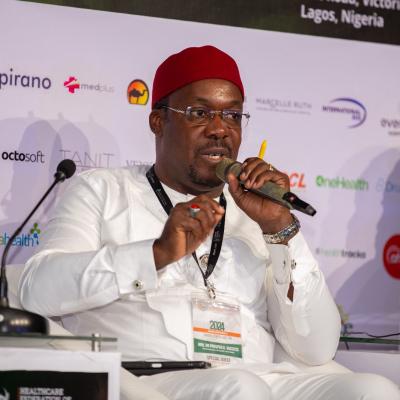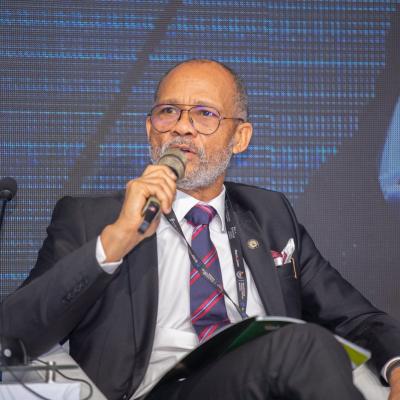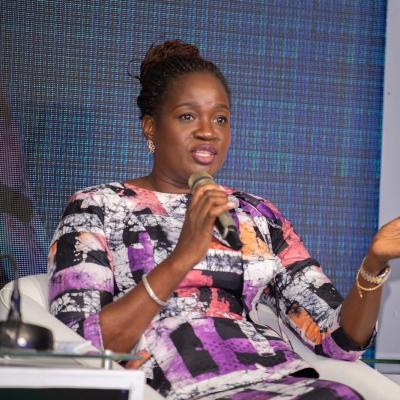“Girls and women aged 15–24 years account for 37 per cent of all new HIV infections, and stigma and discrimination especially against key populations continue to create barriers to service access, Moeti stated.
Moeti said globally, there are 38 million people living with HIV and 67 percent of them are living in the WHO African Region.
Moeti said the more than 1 million people in the Region newly infected with HIV, accounts for 60 percent of the global total.
Speaking on this year’s theme, she said the COVID-19 pandemic revealed the need for the world to come together, with determined leadership from governments and communities to sustain and expand access to essential services, including HIV prevention, testing, treatment, and care.
She added that the pandemic was making it even more challenging for countries to provide these services, particularly in areas affected by conflict, disasters, outbreaks, and rapid population growth.
“Despite these challenges, significant progress is happening in African countries. 2020 is a milestone year towards ending AIDS epidemics and 81% of people living with HIV know their status. Among them, 70 percent of adults and 53 per cent of children are receiving lifelong antiretroviral therapy (ART). “Eighty-five percent of pregnant and breastfeeding women living with HIV are on ART, which protects their health and prevents HIV transmission to their newborn infants.”
She commended governments, partners and communities who have contributed to the progress on HIV in the Region, and came up with innovative ways to keep services going during the COVID-19 pandemic.
“For example, young people living with HIV in Zambia are advocating for the elimination of stigma, adherence to HIV treatment, access to sexual and reproductive health services, and mental health support. They are also contributing to the national COVID-19 response by creating and disseminating health messages, busting myths, and raising awareness.
“In Cote d’Ivoire, Nigeria and Senegal, women living with HIV are serving as community pharmacists, visiting hard to reach semi-urban and rural areas to facilitate the home delivery of HIV treatment and medicines for other diseases. They are helping to ensure that no one is left behind during the COVID-19 crisis.
“To sustain and accelerate the gains made, I urge governments and partners to come together, with the same level of urgency and leadership demonstrated in response to COVID-19, to increase domestic funding and strengthen health systems.
“There must be global solidarity and shared responsibility among all stakeholders to ensure integrated, people-centered, quality care, and an uninterrupted supply of essential commodities for HIV services.
The rights of women and girls, and gender equality, must be at the centre to stop new HIV infections among girls and young women.”
Moeti urged communities, especially people living with HIV, to be proactive in their self-care and in understanding how to prevent the spread of infections.
“This World AIDS Day let us all demand global solidarity and shared responsibility to maintain HIV services during the COVID-19 pandemic and beyond as we strive to achieve the 2030 targets.’,” Moeti added.
source: Vanguard

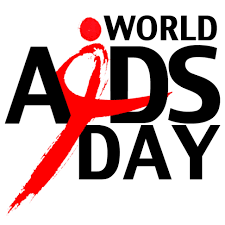 With 1 million people infected and 440,000 lives lost to AIDS in the African region in 2019, the World Health Organization, WHO has raised the alarm that new HIV infections and AIDS-related deaths were not reducing fast enough to meet the Sustainable Development Goal target of ending AIDS epidemics by 2030. In the region.
With 1 million people infected and 440,000 lives lost to AIDS in the African region in 2019, the World Health Organization, WHO has raised the alarm that new HIV infections and AIDS-related deaths were not reducing fast enough to meet the Sustainable Development Goal target of ending AIDS epidemics by 2030. In the region.
